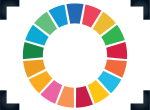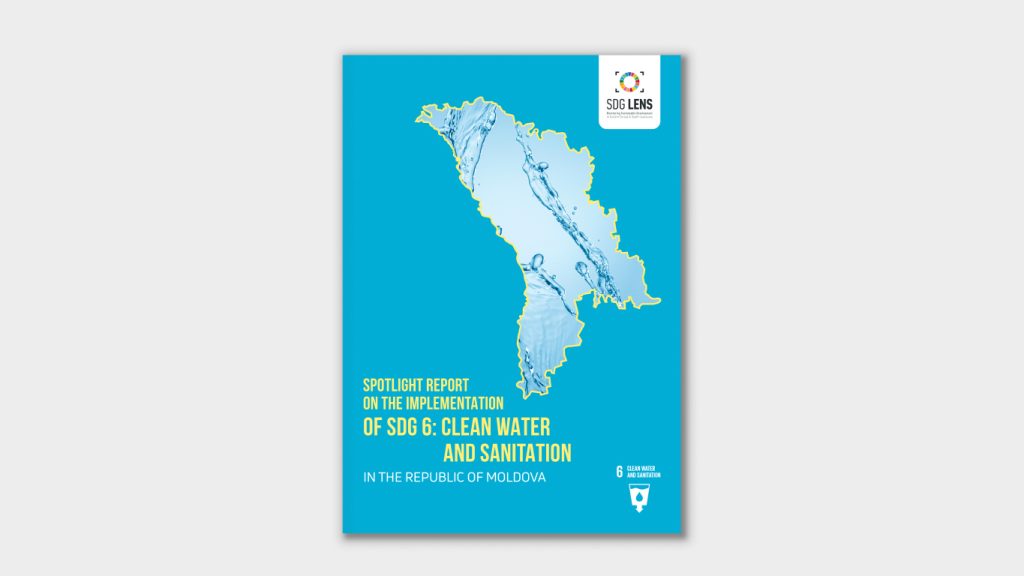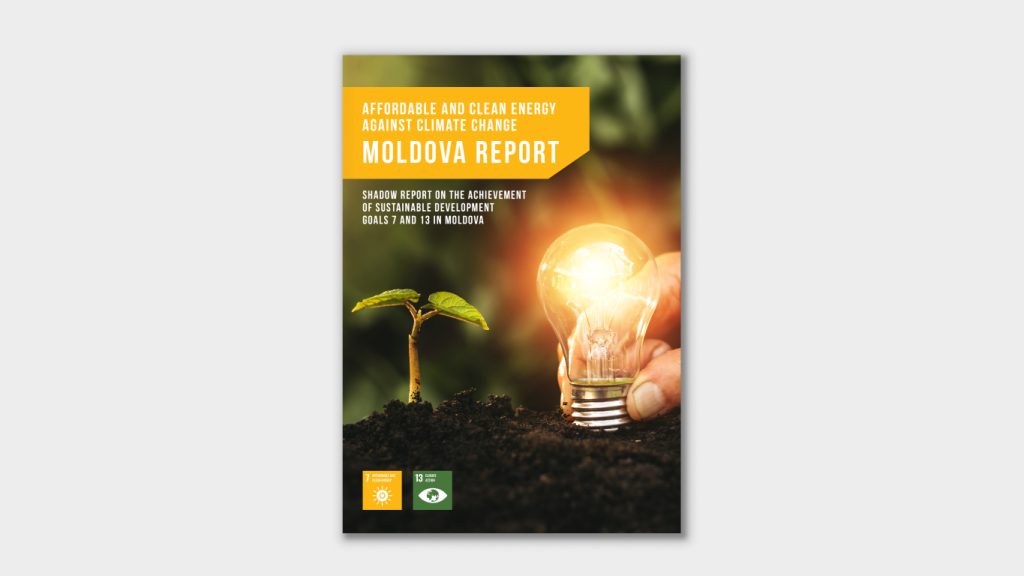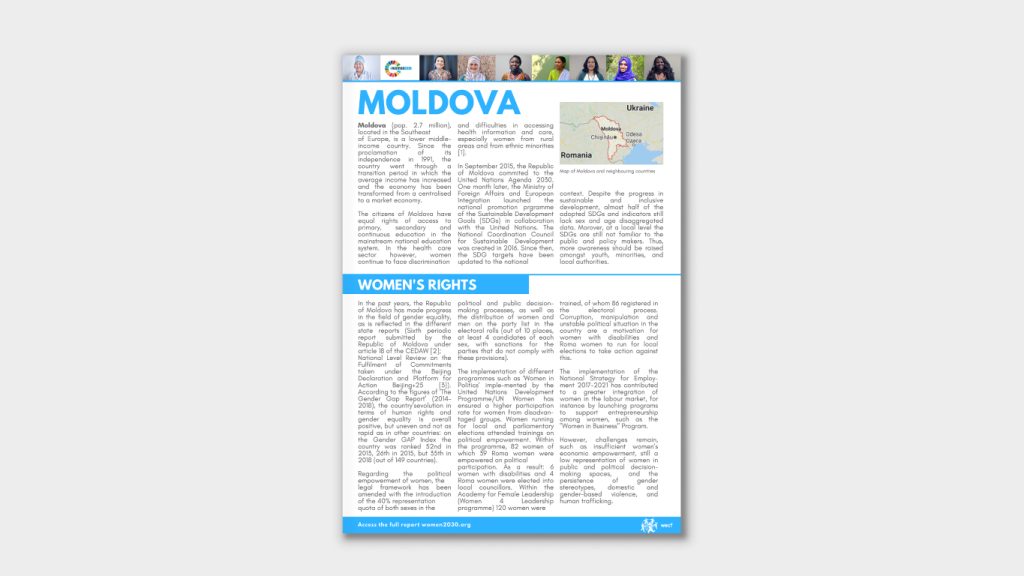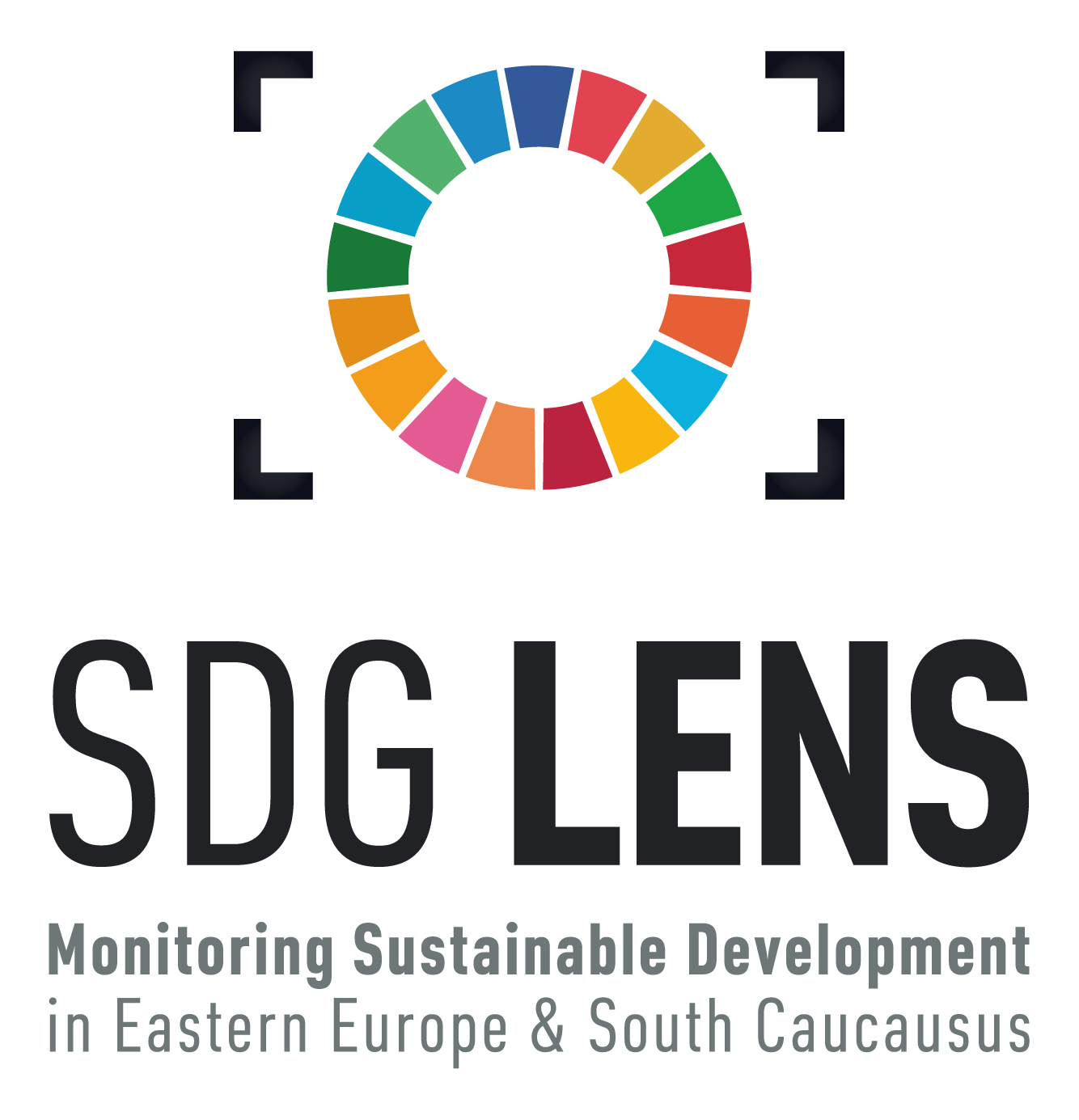Sustainable Development Goals in the Republic of Moldova
In September 2015, the Republic of Moldova undertook the implementation of the 2030 Agenda for Sustainable Development and committed to implement the 17 SDGs. In 2016, the National Coordinating Council for Sustainable Development was established, which was followed by the process of adjusting the objectives, targets, and indicators of the Global 2030 Agenda to the specifics of the country. According to the Nationalization of Sustainable Development Goals (SDG), the list of national SDG indicators consists of 226 indicators, of which 172 nationalized global indicators and 17 narrative indicators, while 37 indicators were additionally identified as necessary for the process of evaluation and monitoring of the nationalized targets. The Moldovan Government defined the baseline, target intermediate values for 2023 and final target values for 2030. In December 2022, The Moldovan Government approved the Decision no. 953/2022 which establishes the national framework for monitoring the implementation of the 2030 Agenda.
The progress on implementation of the 2030 Agenda was presented in the country’s first Voluntary National Review in July 2020 during the High-Level Political Forum on Sustainable Development 2020. The VNR showed that the Republic of Moldova registered significant progress since its commitment to implement the 2030 Agenda. The progress could be correlated with the implementation of the Association Agreement with the EU, which includes specific commitments to advance on different areas of social and economic life, including those covered by the 2030 Agenda.
However, the Republic of Moldova still faces significant challenges in achieving the targets that were set for 2030. The demographic decline is a key challenge. Emigration, low fertility issues, reduced life expectancy and an ageing population are cumulatively generating an annual decrease of population by over 1.7%, which have implications for some established SDG indicators. The multiple crises that the Republic of Moldova has faced in the last years slowed the progress on achieving the SDGs. The COVID-19 pandemic has exacerbated the existing inequalities in the health system, on the labour market, in accessing essential services, with a visible impact on the most vulnerable groups. The economic crisis that followed the pandemic increased the poverty rate, especially among the low-income population, which became even more vulnerable. The security and energy crisis due to the war in Ukraine revealed the need to promote energy efficiency and to intensify and diversify the available resources of renewable energy, as this is an essential condition for the economy’s sustainable development. The Transnistrian conflict continues to pose a challenge to territorial integrity and hinders the implementation of systemic structural reforms to the national territory that would ensure the country’s comprehensive sustainable and inclusive development.
Voluntary National Reviews
The Role of Civil Society in Moldova
Currently, the Republic of Moldova has a favorable environment for adequate participation of civil society in policy and decision-making processes. The 2019 Parliamentary elections and the new Government brought a paradigm shift in terms of the importance of civil society engagement. However, despite gradual improvements over the years, the development of civil society has not yet reached a satisfactory level, and the backlog in the implementation of national civil society development programs undermines the creation of a dynamic sector that participates in both the development and implementation of public policies. In 2014-2022, the dynamics of relations between civil society and public authorities fluctuated greatly. There were periods in which an adequate level of collaboration and cooperation was recorded, but there were also periods of rhetoric and pressure from political actors on CSOs. CSOs continue to call for more transparency in decision-making in parliament and other public authorities.
Now, there is a stronger commitment from the public authorities to engage civil society in the decision making process. This commitment also emerges from the country-specific obligations that Moldova undertook in the context of obtaining the status of an EU candidate country in 2022. The European Commission Opinion on the Republic of Moldova’s application for membership of the European Union states that Moldovan CSOs are capable of being important partners in the country’s development. However, a systematic public consultation process needs to be put in place that will allow CSOs to contribute more meaningfully to the reform process initiated by the country, and update the legal framework, and focus on proper implementation, with clear structures that establish supervisory and subordinated bodies. Although the Commission supported granting candidate statuts to Moldova, several steps were recommended to be further taken, including greater involvement of civil society in decision-making processes at all levels.
